What will happen to the lost sheep who take offence at being found?
Much of Jesus’ Galilean ministry centred on Capernaum, so it comes as something of a shock to hear him denounce the city in rather forthright terms while things still appear to be going well. Admittedly, a warning note is struck early on when the faith of the centurion is taken as an ominous sign that “the sons of the kingdom will be thrown into outer darkness” (Matt. 8:12). But by chapter 11 he appears to have written the place off completely.
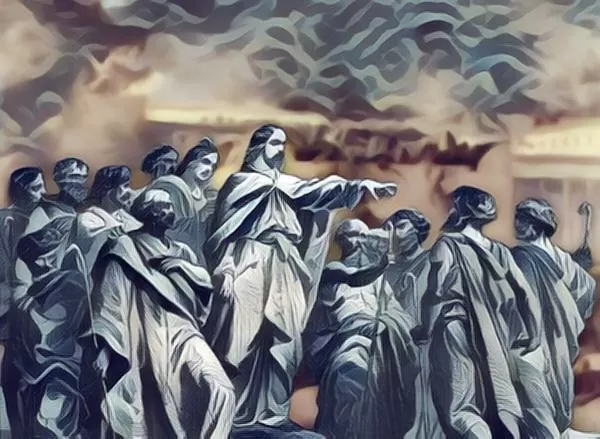


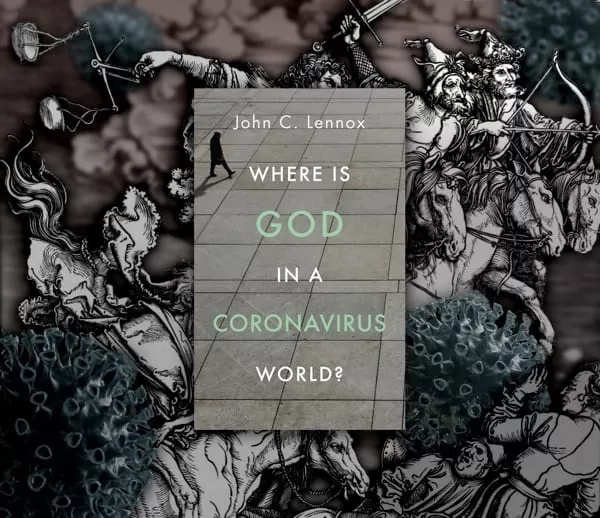
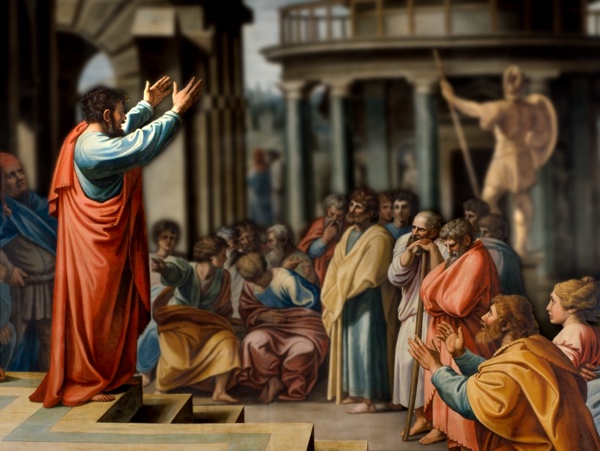
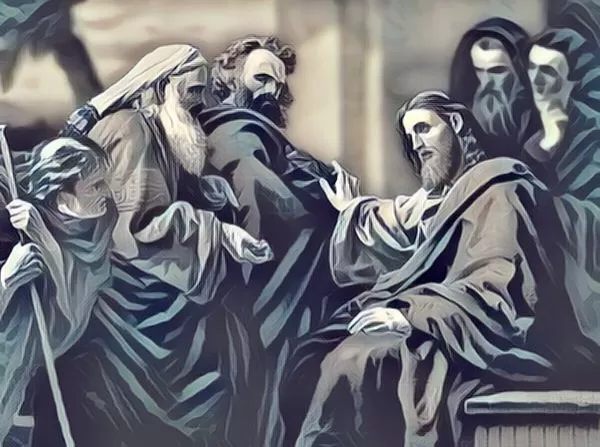
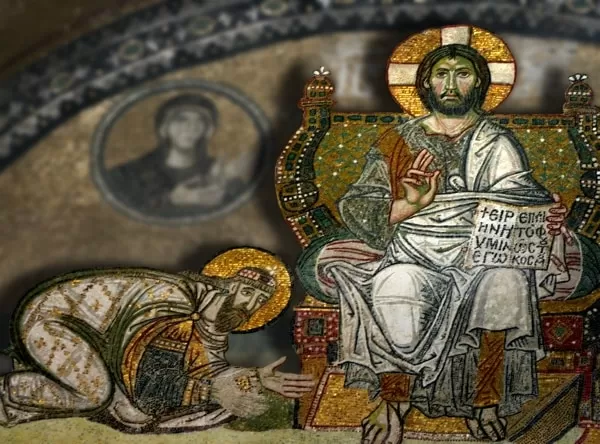
Recent comments